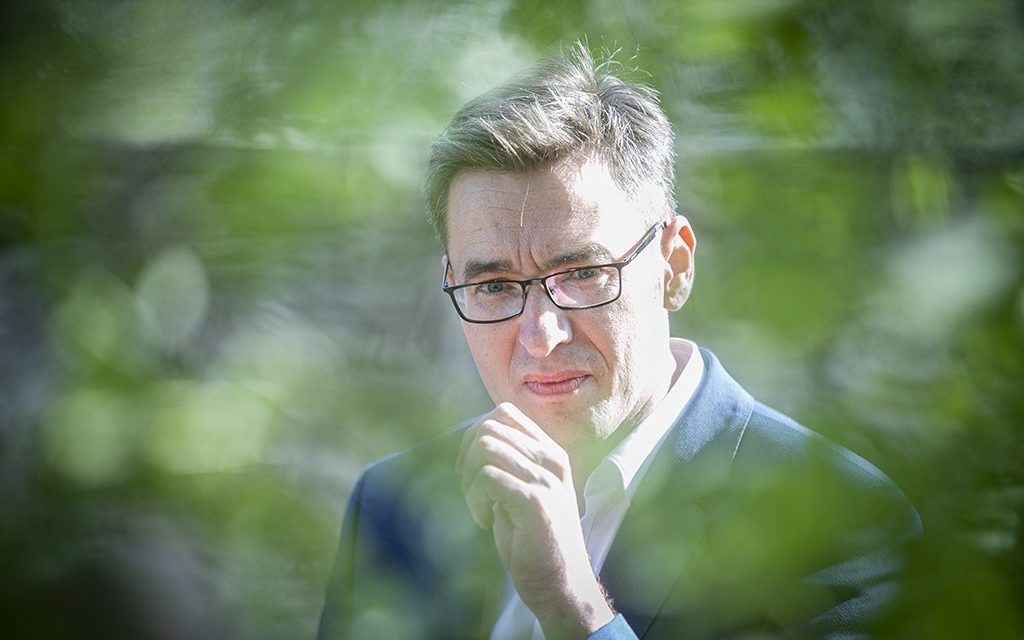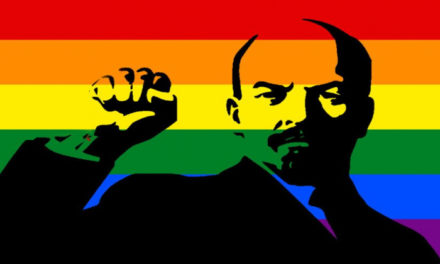Do we still remember the Christmas campaign promises? Well, I am not talking about his current campaign for prime minister, which, copying the campaign slogans of the American and Spanish populist left , would turn next year's election into a contest of characters instead of a competition of competence, setting up Karácsony as an "honest, clumsy, but humane, therefore very lovable" figure. , but to the promises he made for the title of mayor. There were quite a few of them.
Let's see which of the 153 promises have been fulfilled so far and how! the thematic selection of igeretgyeilo.hu , 26 commitments can be called successful, which in itself is not too many, exactly 17 percent, and, as we know, the devil lives in the details. In the area of healthcare, for example, the portal classifies the "support for population screening tests" as a fulfilled promise, which means that the capital city provided a few tens of thousands of coronavirus tests for free to some districts or age groups, i.e. the mass, 99 percent - let's be stylistic - did not feel the effect much.
In the most effective area, social affairs, only three of its 12 commitments are recorded as successes by the portal; subsistence allowance for needy families, action against evictions without accommodation, and work for avoidersprovided free public transport to seekers. Out of this, only the first point means actual action, which adds HUF 24,000 a year to the utilities of the socially needy or disabled citizens of the capital. Suspension of evictions and free travel are types of passive measures that do not require any special investment or work. And as a matter of fact, most of the "successes" of Christmas are like this.
Among them, we can highlight the strengthening of the Brussels office of the capital municipality - which is in the interest of all of us, of course - the banning of Lokál from the capital's public spaces - curtailing freedom of the press is also in the public interest - and not salting icy roads, instead using environmentally friendly anti-skid. And my personal favorite was the announcement of the climate emergency, which, despite his intentions, pointed to Karácsony's incompetence, since this is a recently coined, trendy buzzword that no one knows exactly what it means, but it still contains the term emergency. And by this we mean an unexpected, dangerous situation that must be dealt with immediately. It is clear that the use of the word is not his own idea, just as nothing around Christmas is, but this does not save him from being classified as cheesy.
Hungarians do expect action from a leader of all time, they want to count on him in times of trouble, but if he calls out danger, then relaxes in his padded chair and takes a nap until he writes or writes the next post, he quickly becomes frivolous. If our house is on fire, we are busy putting out the fire, and there is no need for an idler who just stares and states the obvious instead of helping. In this way, Budapest doesn't even have a mayor, it's as if it doesn't exist.
It is interesting that the program point called "establishing the main bicycle network", or painting the bicycle lanes in Hungarian, is only partially assessed by the portal as a success, according to which it seems that Karácsony has not yet finished punishing Budapest motorists in favor of cyclists, and the two groups want to further inflame the tension between. Don't get me wrong, riding a bike is cool, but it doesn't really matter where and how it happens. The construction of bicycle paths is a widely supported program, and the government does enough for it throughout the country, but the emphasis is on construction, which involves work and costs money. Karácsony does not have a close relationship with work, and despite the fact that he excels at spending money, these sums usually do not end up where they are really needed. The mayor likes to take it, rename it, and then claim the end result as his own.
The same is the case with the 30-hectare area that has become the center of attention and has been renamed bee pasture. We can of course call the snyas "designed" as part of the "Wild Budapest" program as green islands, because weeds remain weeds. The essence of real bee pastures is that plants with a high species richness, blooming alternately from spring to autumn, provide the pollinating insects with pollen and nectar in a way that fits the insects' way of life, and for this, quiet, smog-free locations are needed. Ergo, insects will hardly feel comfortable in pavement islands and along two-lane roads.
The 30 hectares of fallow at Christmas also pose a nature conservation risk, as the so-called pioneer species will soon appear with the cessation of mowing, most of which are weeds. The ragwort didn't get this name by chance either, of course. And then we didn't even talk about invasive species, and if these areas remain untreated for years - as the capital is planning - then these species will multiply in such a way that they cannot be exterminated in life. Examples include the idol tree or the Canadian goldenrod.
A word like a hundred, bee pastures within urban areas can only be created artificially, with a lot of work and money. But it is precisely these two items that Karácsony has no intention of spending on the project, since he cut the mowing costs from HUF 344 million to HUF 180 million, and then renamed the areas left to their fate as bee pastures with endless cynicism. However, the tick camping or the toklásztanya would have been much more appropriate... And the saddest part of the story is that a part of the intelligentsia of Belpest, who have only ever been in the countryside, ad absurdum farms, not only accept this, but even idiotically fight it.
I'll tell you in advance, if the Christmas cookies do not live up to expectations, and the bees don't bother with them, Orbán will be the one to blame.
Featured image: PS/Gyula Péter Horváth












